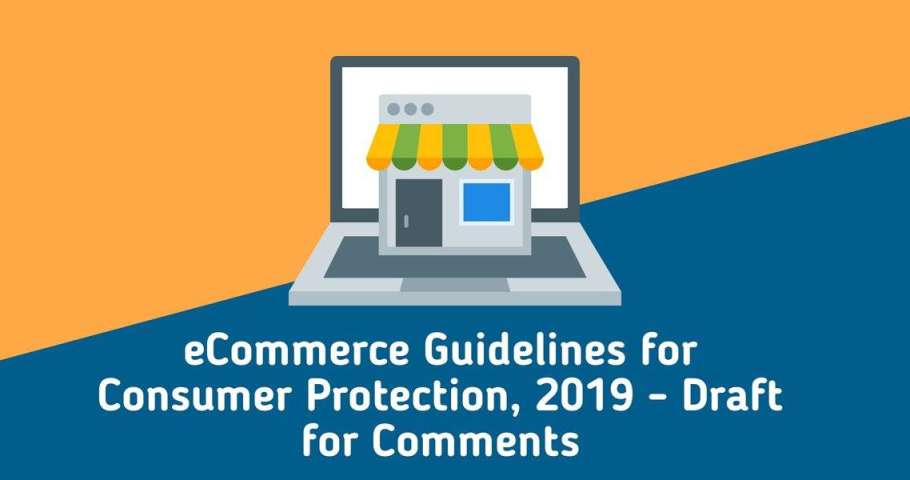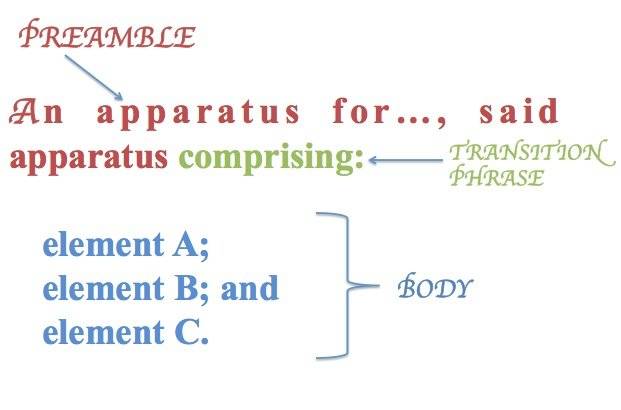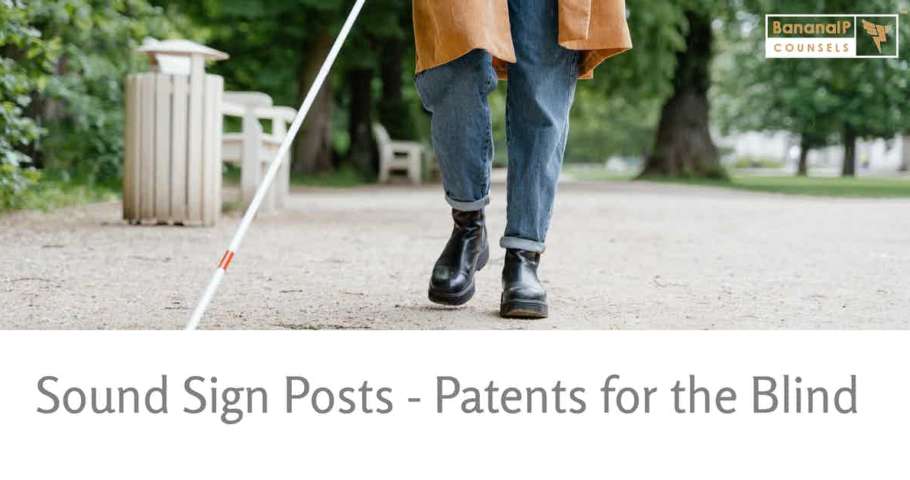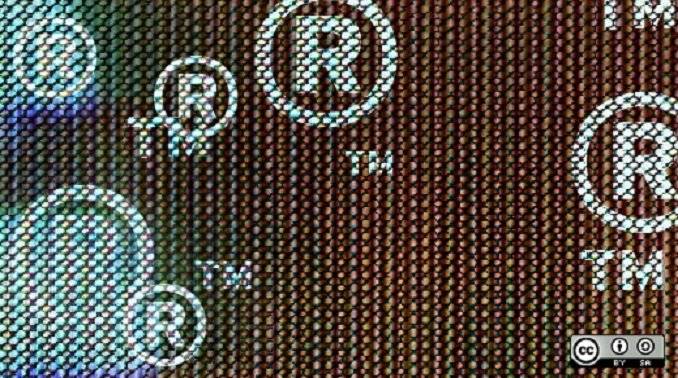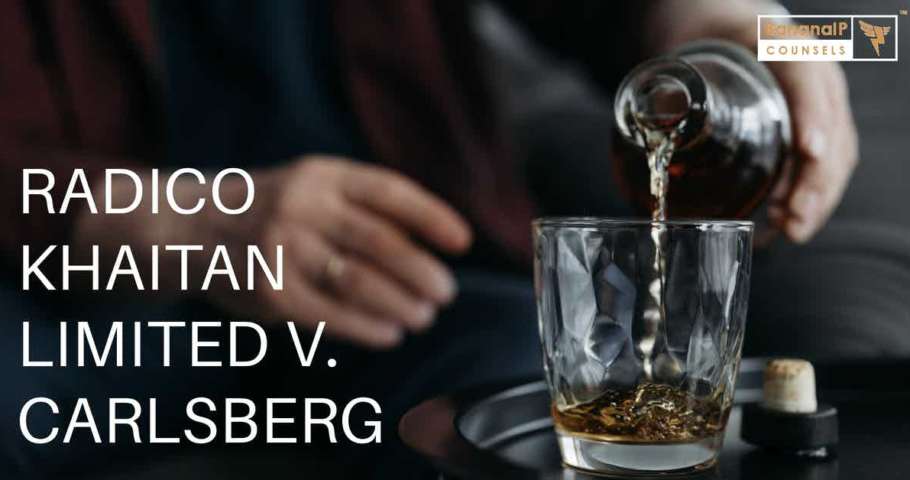Government of India has recently published the eCommerce Guidelines for Consumer Protection, 2019, for comments of stakeholders. The guidelines follow the draft FDI policy for eCommerce entities and seek to protect consumer interests. They primarily focus on fraud, unfair trade practices, privacy protection, and transactional controls. They apply to eCommerce entities following the inventory model as well as marketplace model including intermediaries. Both products and services made available through eCommerce platforms are covered.
The eCommerce guidelines seek to further tighten the…
